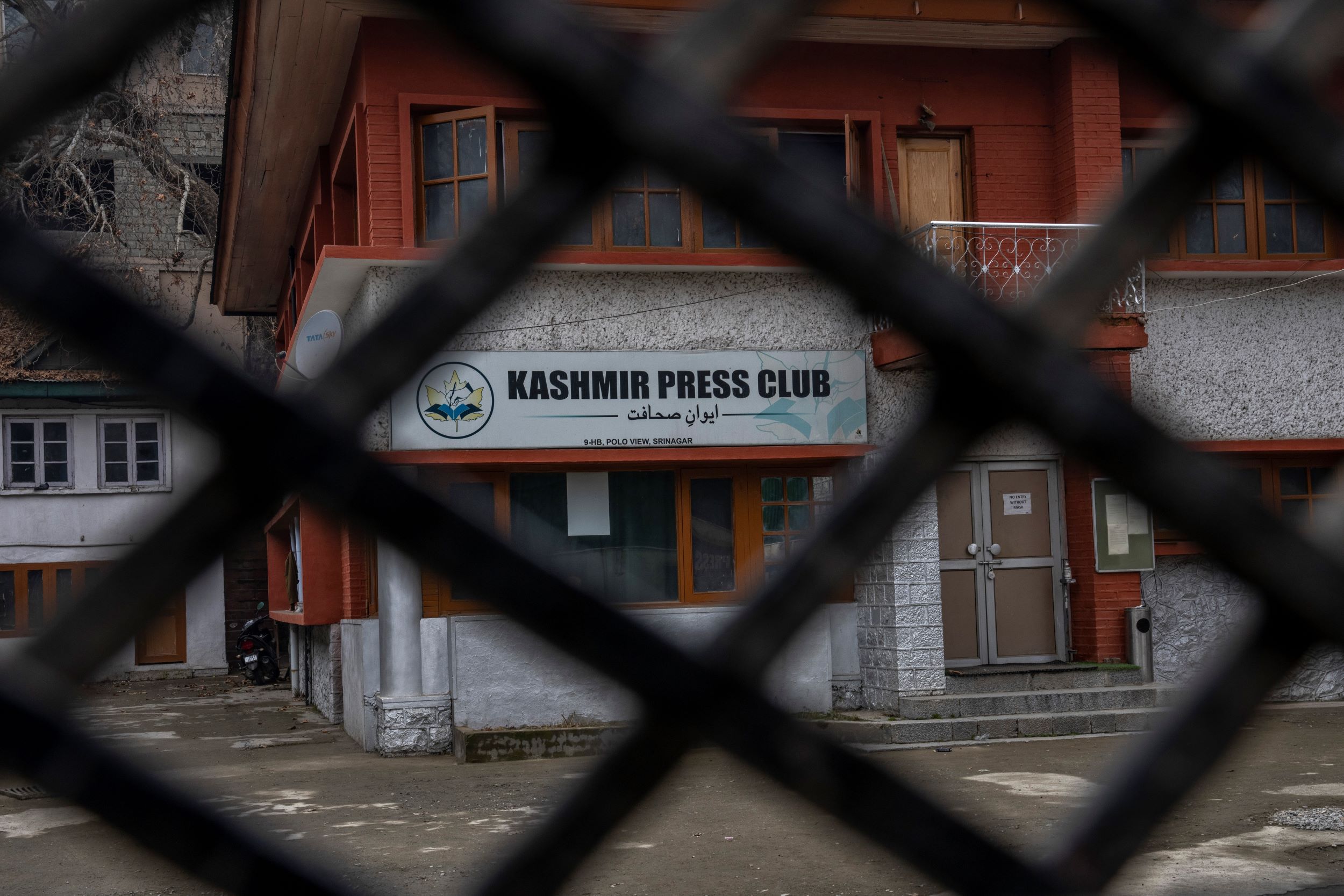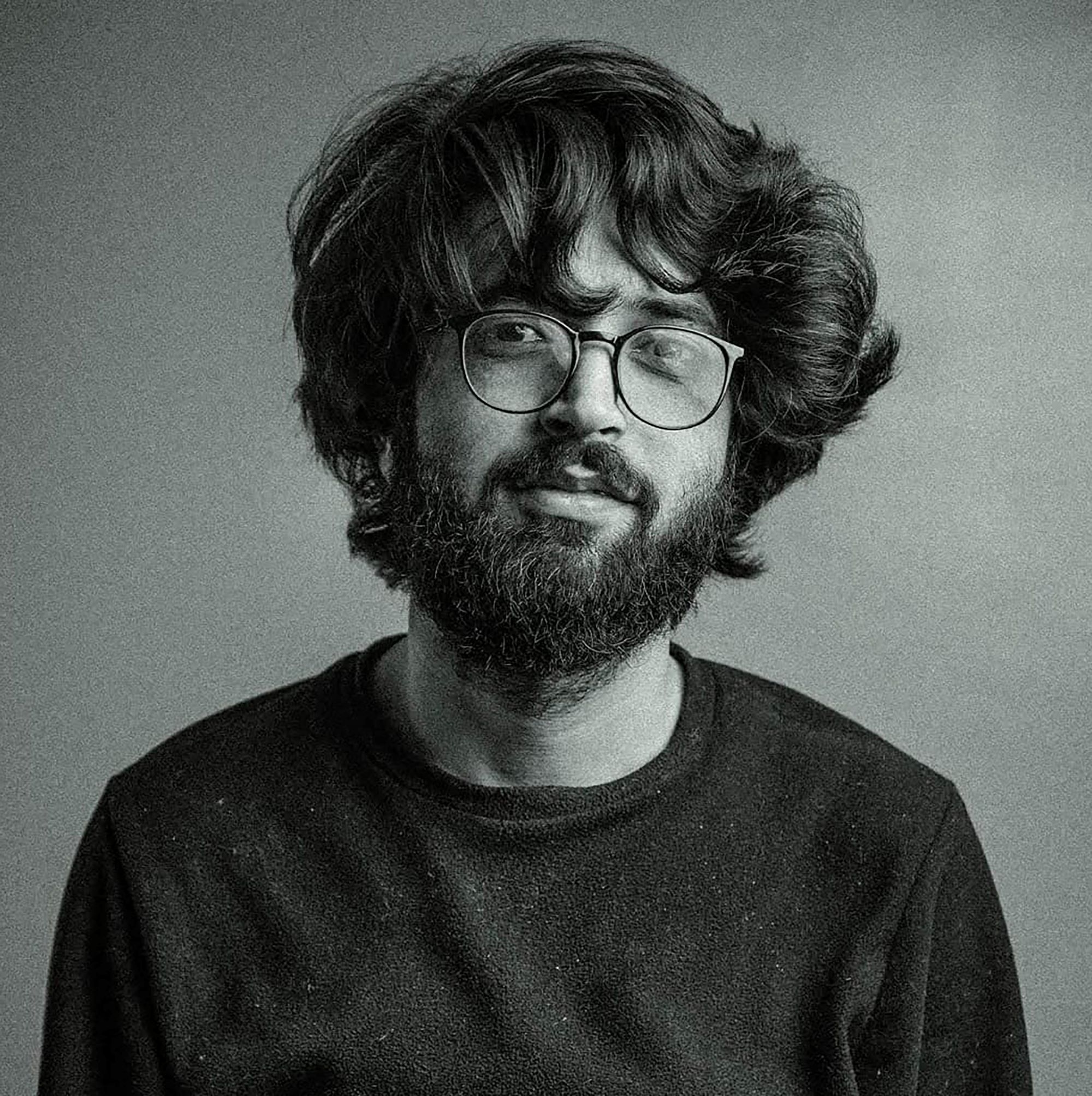The closure of the Kashmir Press Club in January this year came as a major blow to independent journalists in the troubled region who relied on it for camaraderie, respite and a 'place to share ideas'
On the afternoon of January 15 this year, a posse of pro-government journalists stormed into the independent Kashmir Press Club in Srinagar, accompanied by at least two men armed with assault rifles, and assumed control of the premises. Shortly after, the club was closed down.
It was a huge blow to the community of independent journalists in the region who have relied on the club for several years for assistance, support and camaraderie as they work under huge pressure from the government over their reporting. Indeed, the Kashmir Press Club, which was formed in 2018, was the largest media body in the region, with around 300 members.
Members of the club and local observers say the takeover was a police operation under the orders of the Indian authorities, although local police claim they were not involved in the operation. However, pictures of armed police standing outside the club were circulated on social media.
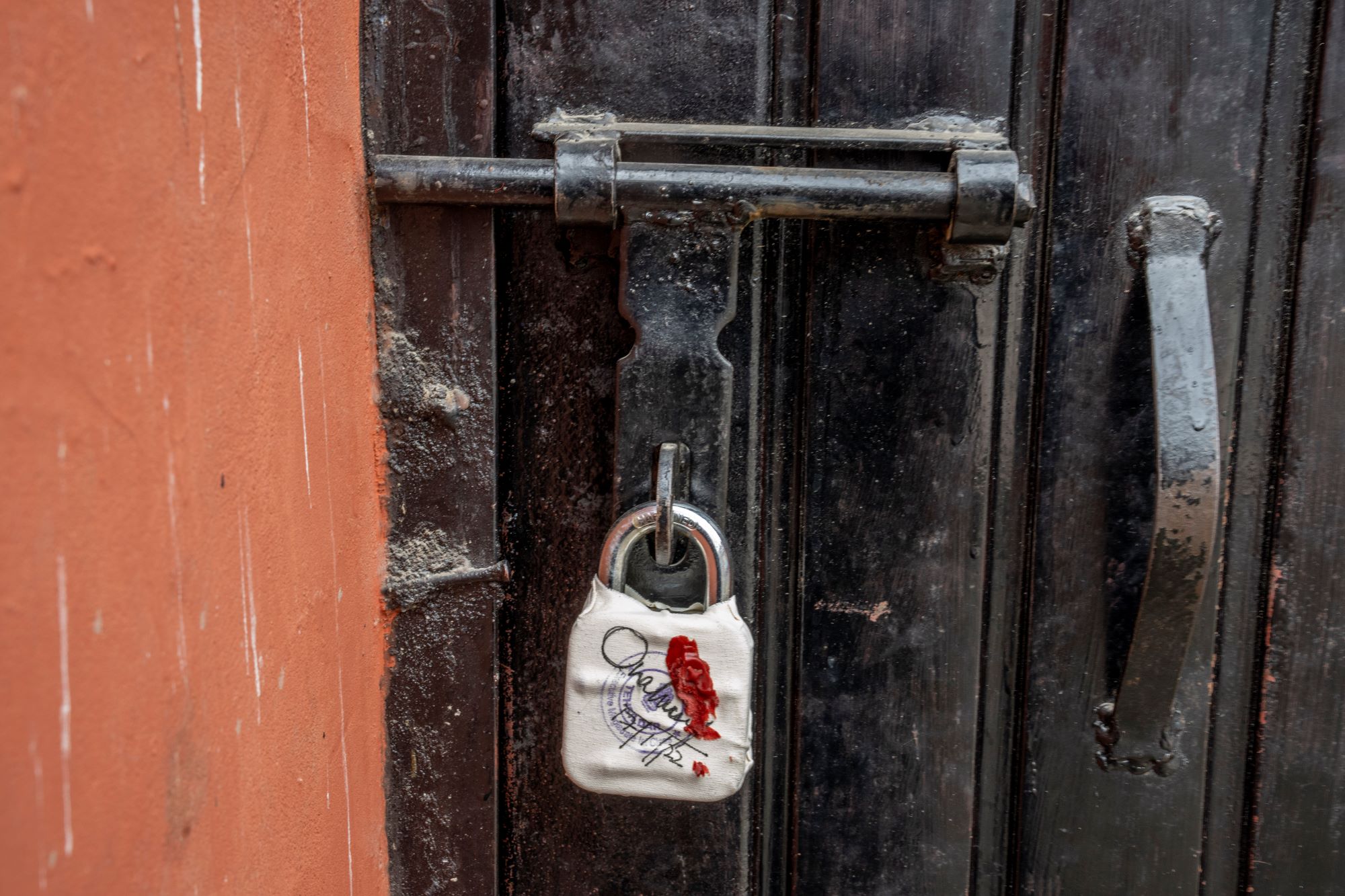
The group, whose leader reportedly arrived in a bullet-proof car, huddled in a room for a quick meeting and then demanded documents, seals and stamps from the office manager who quickly obliged.
Hours later, the group issued a statement declaring that they had taken over the club “to ensure the welfare of journalists” and announced an interim managing body.
Soon after, the building was locked up, a large, silver padlock left swinging on the black gate of the club.
'Deeply anguished'
These days, foreign journalists rarely obtain permission to go to Kashmir, where rebels have been fighting against Indian control since 1989. This means the community of independent journalists the Club served were the only ones reporting events there. Many have come under a great deal of pressure and harassment from government and police forces for going about their jobs - particularly since Kashmir’s autonomous status was repealed in 2019.
However, this moment felt different.
“What I saw that day was unprecedented,” Shah Umar, a freelance journalist, tells Al-Jazeera. “I had never seen police or paramilitary forces outside or inside the club before.”
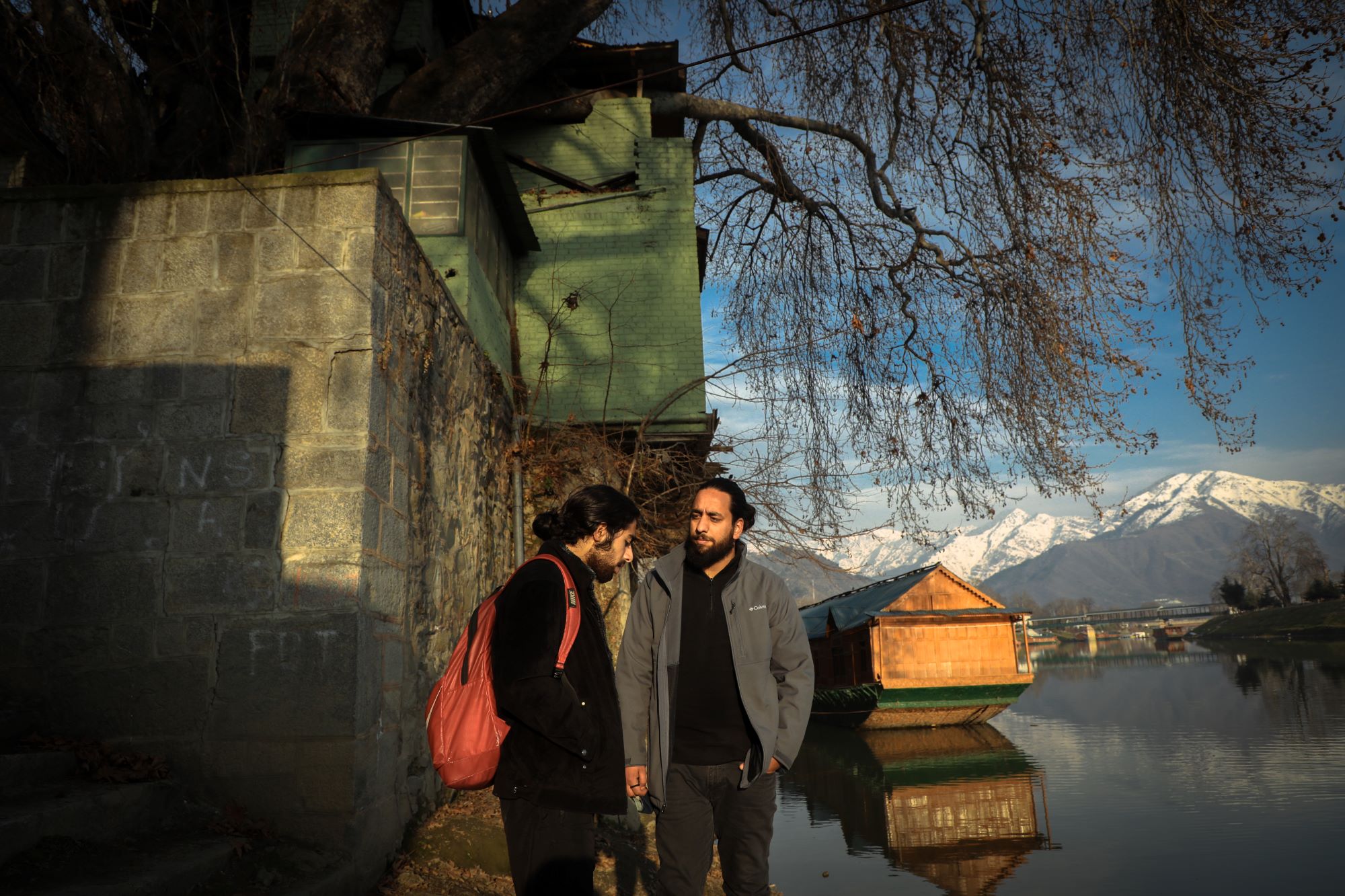
Reaction from beyond Srinagar has been strong. The Editors Guild of India said in a statement that it was “deeply anguished by the shutting down of the Kashmir Press Club by the Government of Jammu and Kashmir. With the shutting down of the Club and government reverting the land back to the Estates Department, an important journalistic institution in a region that has seen the worst kind state heavy handedness against any independent media, has been effectively dismantled.”
Omar Abdullah, the former chief minister of Indian-administered Kashmir, called it a “state sponsored coup”.
The outgoing elected body of the club also reacted to what it also called an “illegal move". In a statement, it said: "On January 15, the day when the administration had declared weekend lockdown in view of COVID surge, a group of journalists barged into the club office and forcibly took control of the club by keeping the office members hostage. A large number of police and paramilitary personnel were deployed beforehand for this highly condemnable and completely illegal move."
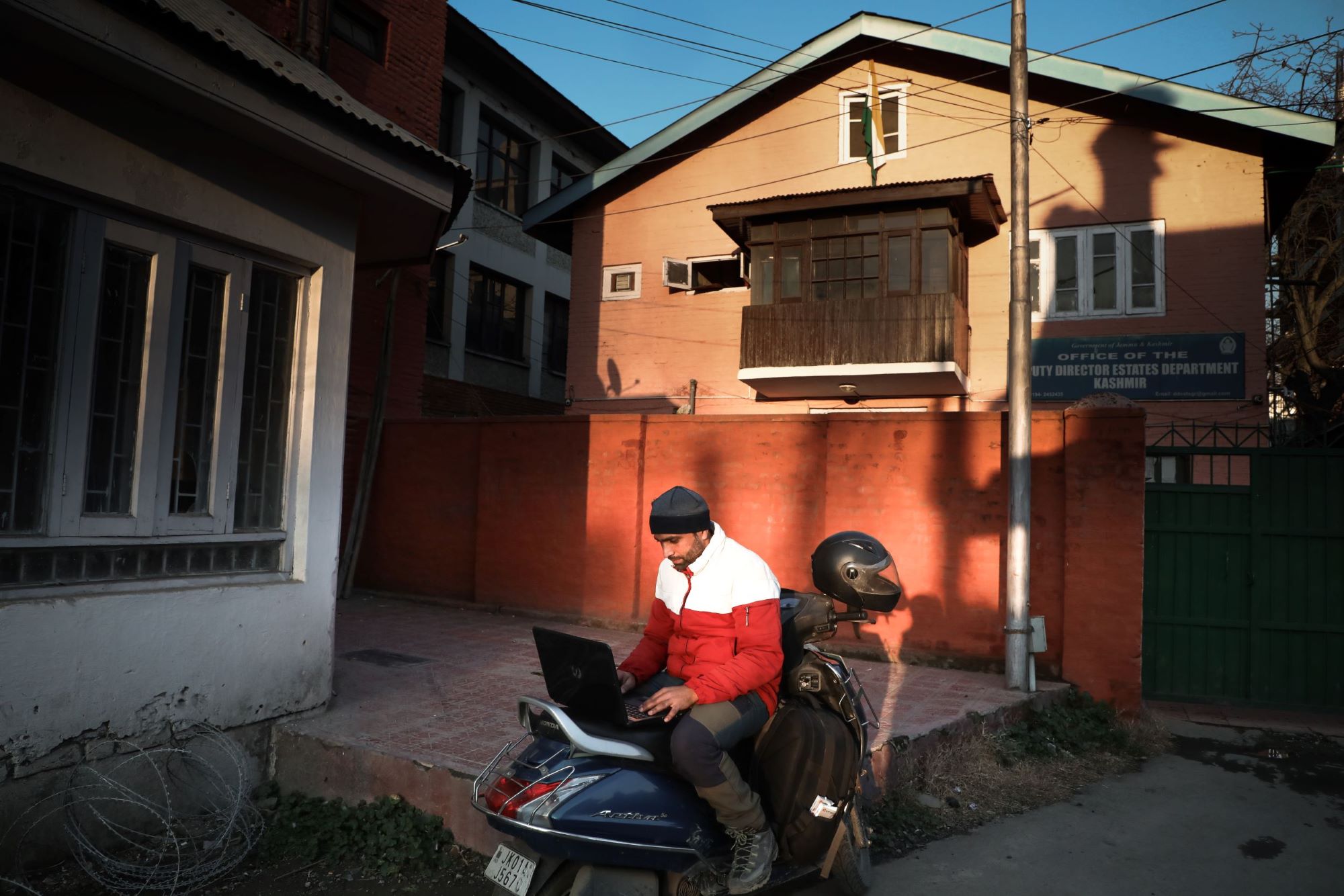
Reporters Without Borders called it an “undeclared coup” and said the region is “steadily being transformed into a black hole for news and information”.
In its own statement on the matter, the New Delhi-appointed administration of Kashmir said: “The factual position is that the Kashmir press club as a registered body has ceased to exist and its legal managing body has also come to a legal closure on 14th July 2021, the date which its tenure came to an end.”
A ‘sense of comfort between deadlines’
The Kashmir Press Club was a place where journalists could freely fraternise, learn from each other and discuss stories with their colleagues. In recent times - particularly since the repeal of Kashmir’s autonomous status - when more and more journalists have been arrested, “summoned” by police for questioning about their reporting or even had their homes and offices raided, the Press Club became a sanctuary and forum for solidarity.
Mirza Waheed, a journalist and a novelist based out of London who was born and raised in Kashmir, says: “The Indian state has had Kashmir's journalists in its crosshairs for quite some time. Delhi has always known how robust and 'noisy' Kashmir's journalists have been, how they've defied the odds to send reports into the wider world about the horrors of the war in Kashmir. The pressures and hardship were always there but for about 25 years or so, many Kashmiri journalists have spoken to the world in the words they choose.”
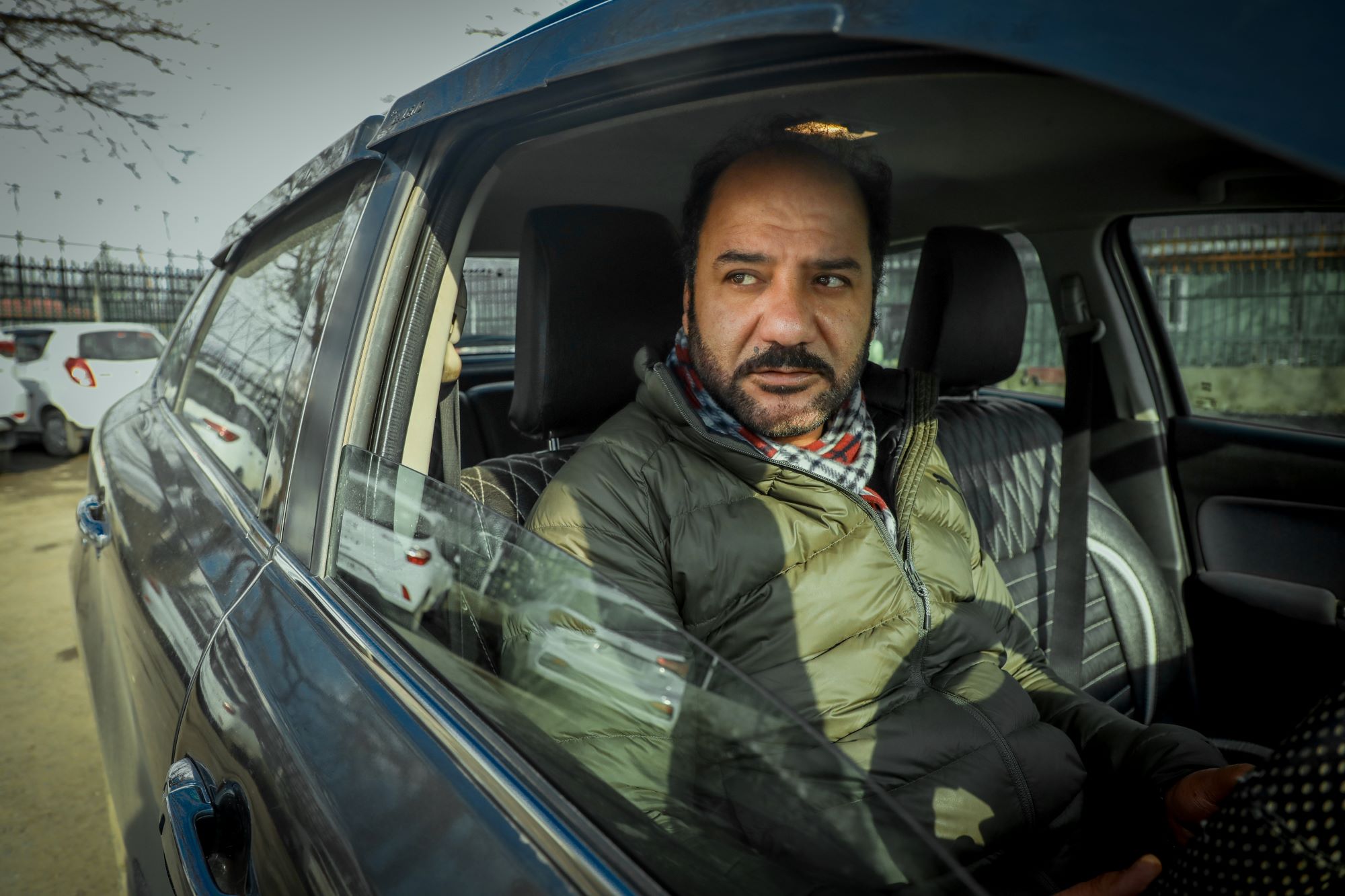
He explains: “The press club was a space for conversation, for a free exchange of words, for journalists to say to one other, ‘so what have you been up to?’, or ‘your photo essay was exemplary’, or ‘how shall I frame this'? It was beginning to assume the form of a public institution, a people’s body with some power. That is why it had to be broken.”
The establishment of an independent Press Club had been long-needed by the time it was set up in 2018, in a building nestled in Srinagar’s upmarket Polo-View market area.
It was eagerly welcomed by journalists working in a region ravaged by conflict and violence for the past 30 years.
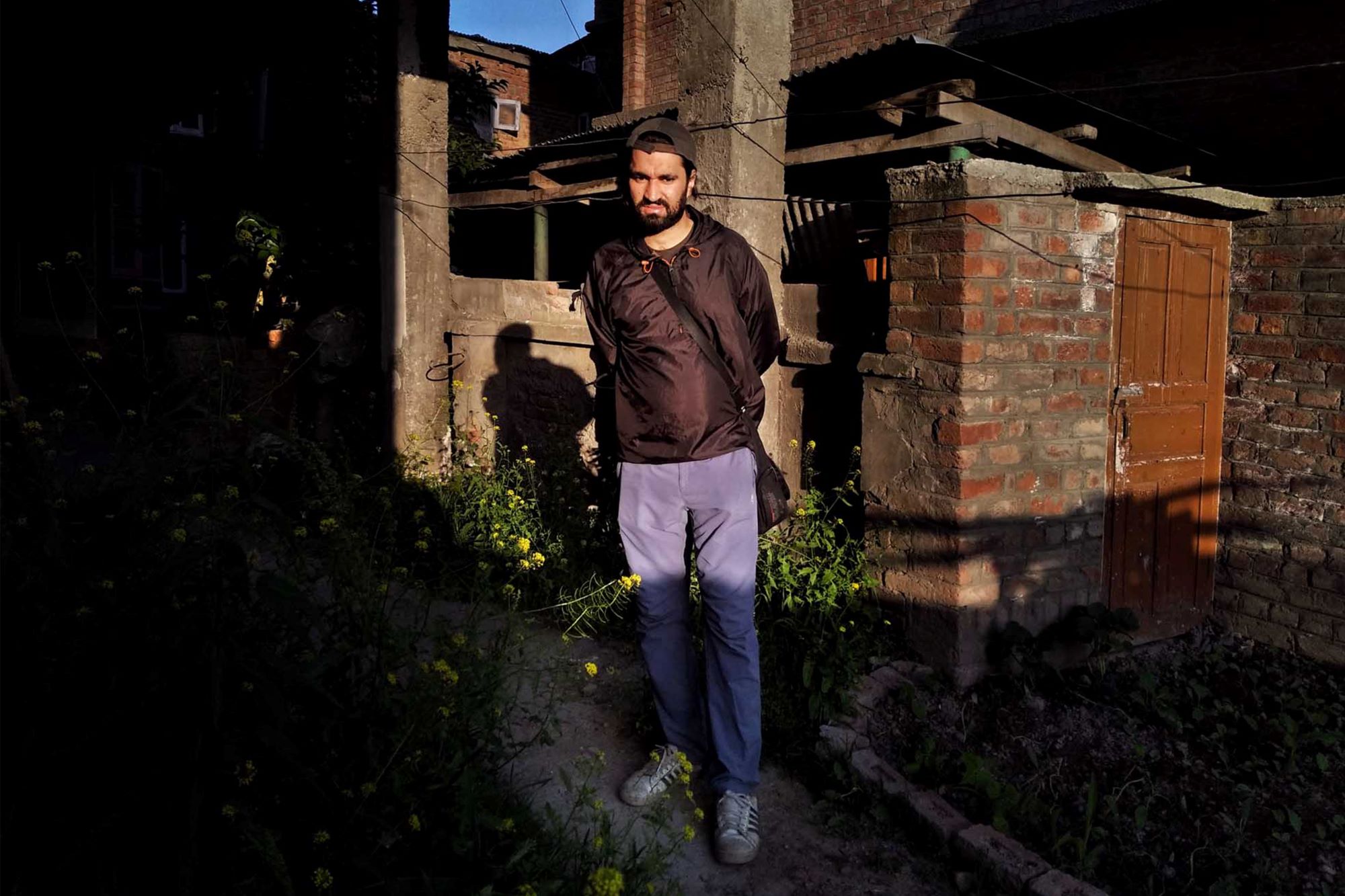
It was a common roof under which the journalist community could come together.
Riyaz Masroor, a senior correspondent with the BBC, explains that over the past few years, the club acted as a kind of “glue” between its members. “It gave them a sense of togetherness and invoked a sense of fraternity. That has been replaced by uncertainty.”
“The Press Club gave the youngsters a chance to interact with seniors, where they could learn and feel some sense of comfort between deadlines. With all the uncertainty and anguish around the closure of the club, I am still optimistic that the issue will be resolved with time and we will have a place to be together under one roof.”
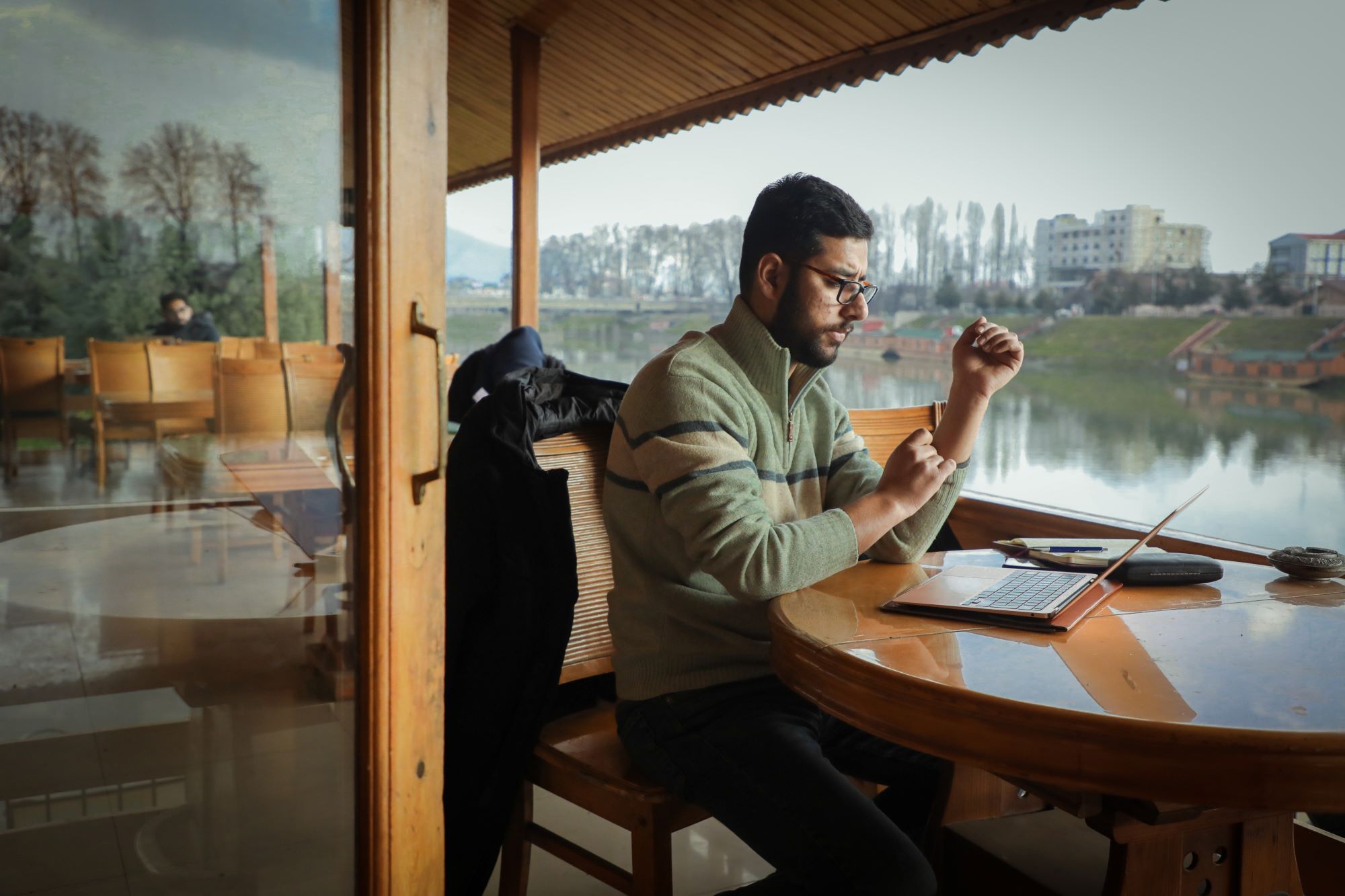
Independent journalist Iqbal Sofi is working on his laptop while sitting on his scooter when he speaks to Al Jazeera Journalism Review about the closure of the Press Club. He says it had "given a home" to journalists who otherwise would have nowhere to work from. "People who don't have access to office spaces are now working from the roadside, or parks and cafes."
Similarly, another independent journalist, Aakash Hassan, now works from a cafe. "The club brought us all together under one roof. That sense of belonging has been taken away," he says.
"Freelancers could get together at the Club as it made getting the work done easier," explains Syed Shahriyar, another independent journalist. "A support system for many like me has been taken away."
Summoned by police and put up for 'auction'
Following the repeal of Kashmir’s autonomous status in 2019, the Indian government imposed a communication blackout in the region by blocking internet access there. In the absence of communication tools, the Kashmir Press Club acted as a hub for journalists to meet and discuss the increasingly dangerous situation unfolding in the region.
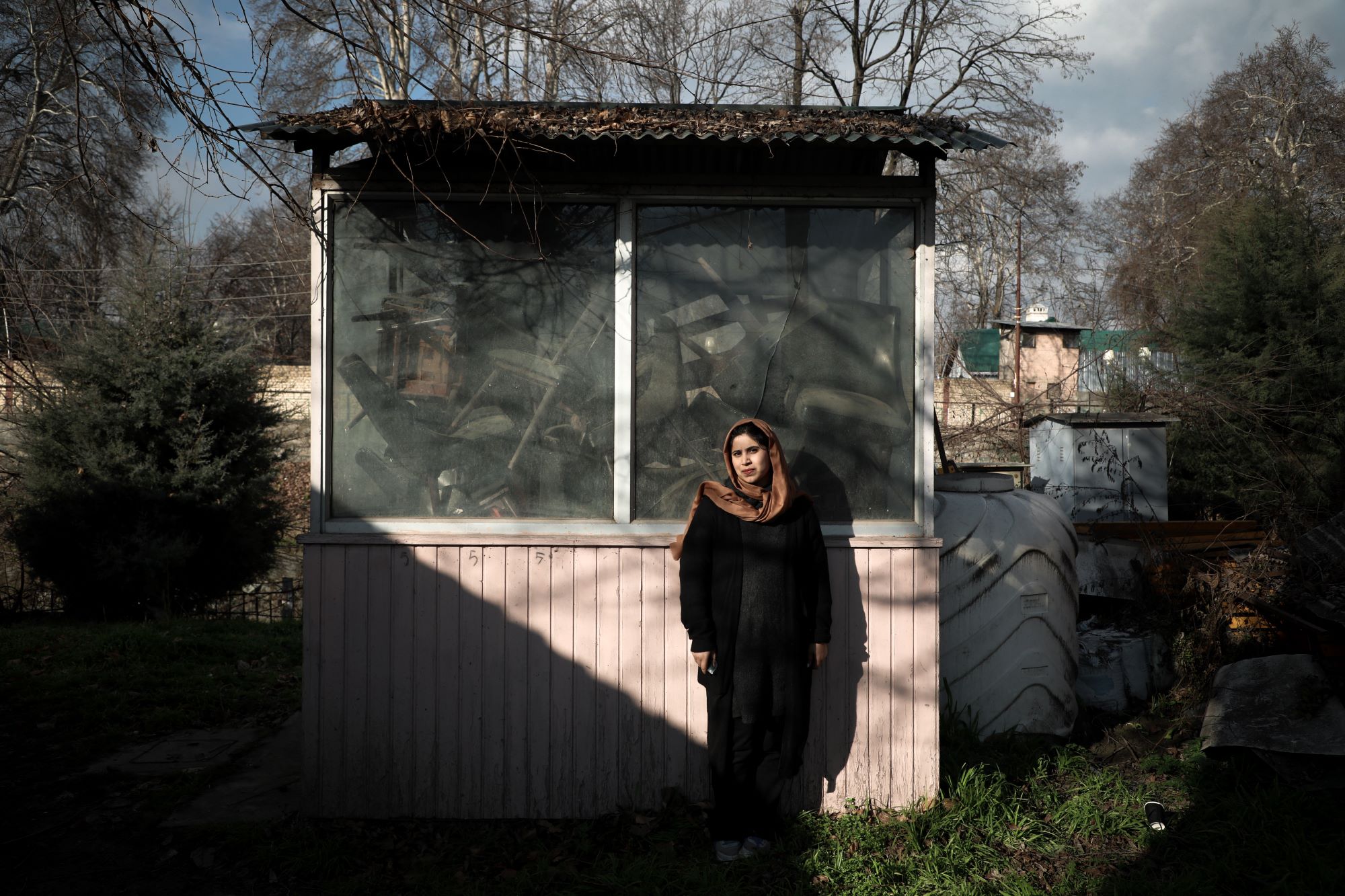
Quratulain Rehbar, a freelance journalist based in Kashmir, who has been “summoned” by police over her work, was also recently targeted in a fake online “auction” of vocal Muslim women journalists and activists through the Bulli Bai App.
The app displayed pictures of more than 100 Muslim women “for sale as maids”. The app was taken down in January this year following outrage on social media.
Rehbar is one of the few women journalists still reporting in the region. “Working in Kashmir is really challenging," she says. "Security, surveillance, and intimidation have long been a concern, and now online trolling has added to our worries.”
With all the online harassment that she has gone through in the recent months, Rehbar says the Press Club had become a place where she would find comfort through sharing her anxieties with her colleagues. “Being around my fraternity gave me the courage to brave the mental trauma.”
Another female journalist, Arjumand Shaheed, echoes her thoughts: "We feel dispersed," she says.
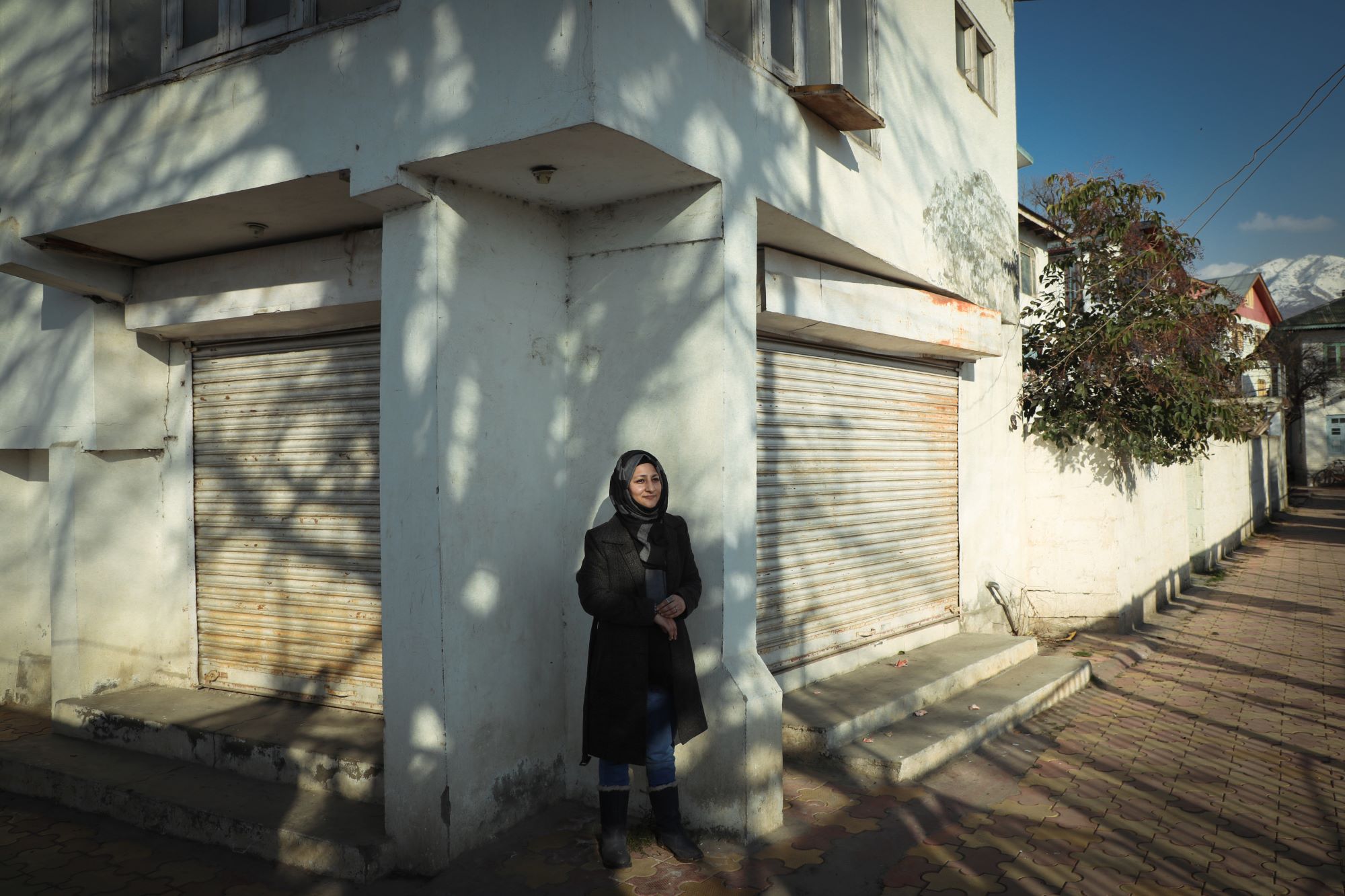
‘Strengthening our belief in press freedom’
The first ever elections to appoint the governing body of the Press Club were held in July 2019.
There is a reason more than 300 journalists became members of the club and, in a region that sees poor voter turnout at public elections, the Press Club saw near-100 percent voting, says Hassan.
Hassan regularly contributes to the Guardian in the UK and other international publications. “The place was a rundown structure with not many facilities. But it meant more to the people coming there to sit around and have tea.”
Hassan believes that the growth and strength of journalism in Kashmir over the past few years gave the club a special significance.
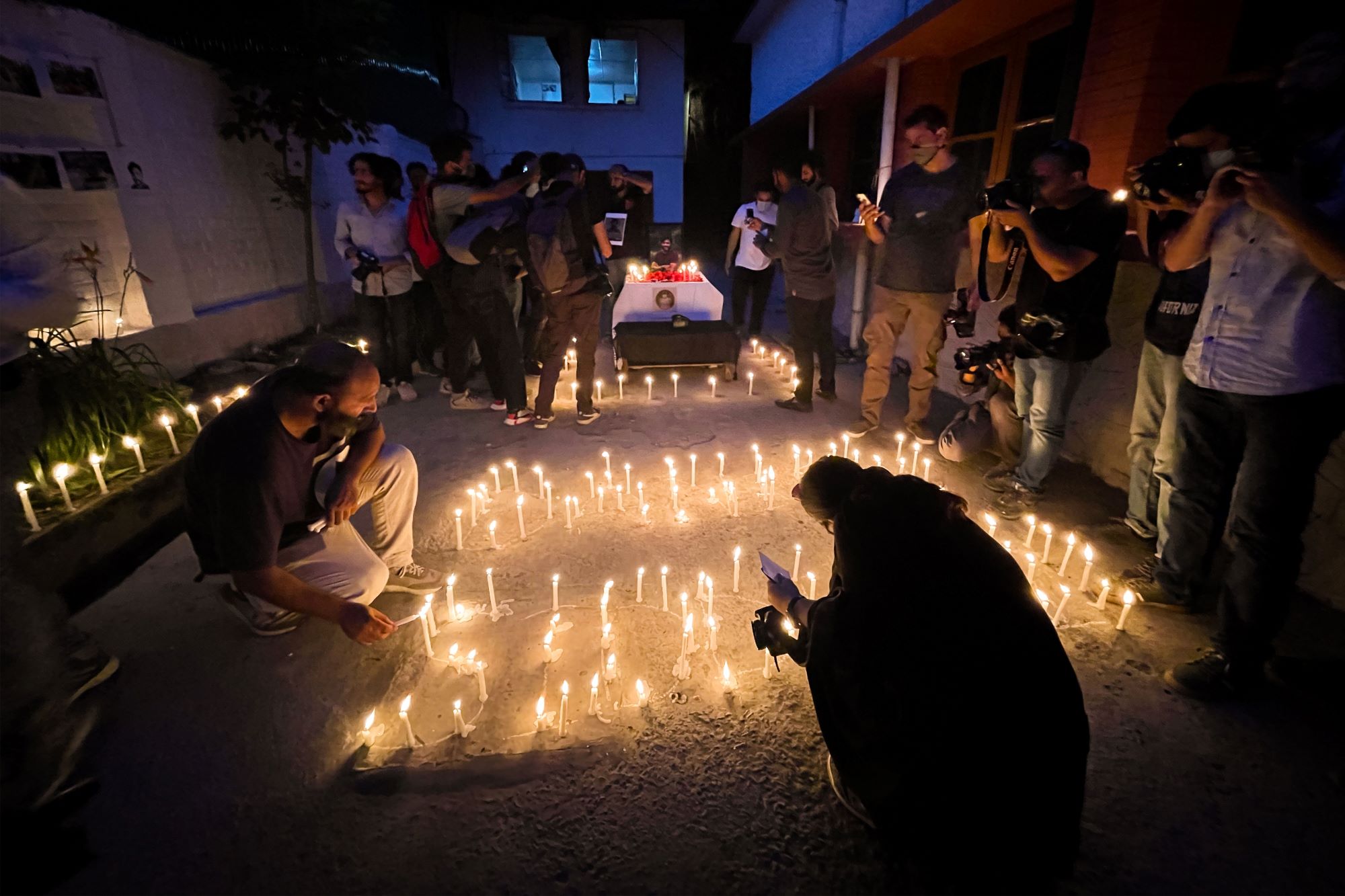
“The fact that there arose a need to close the place down is a testament to the role it was playing,” he says. “The accessibility to international audiences and the ability to tell Kashmir’s stories to the world strengthened our belief in press freedom.
“The place symbolised a community; it was an address where we could all come together with ideas. With the closure of the Press Club, we realise a sense of belonging has been taken away from us.”
The club’s closure has made the jobs of freelancers and female journalists especially difficult. Political and social uncertainty in the region make it near-impossible to travel to report or find places to file their stories. Women journalists say they find it particularly demoralising and difficult to work without the comfort and security of being inside the premises of the Press Club.
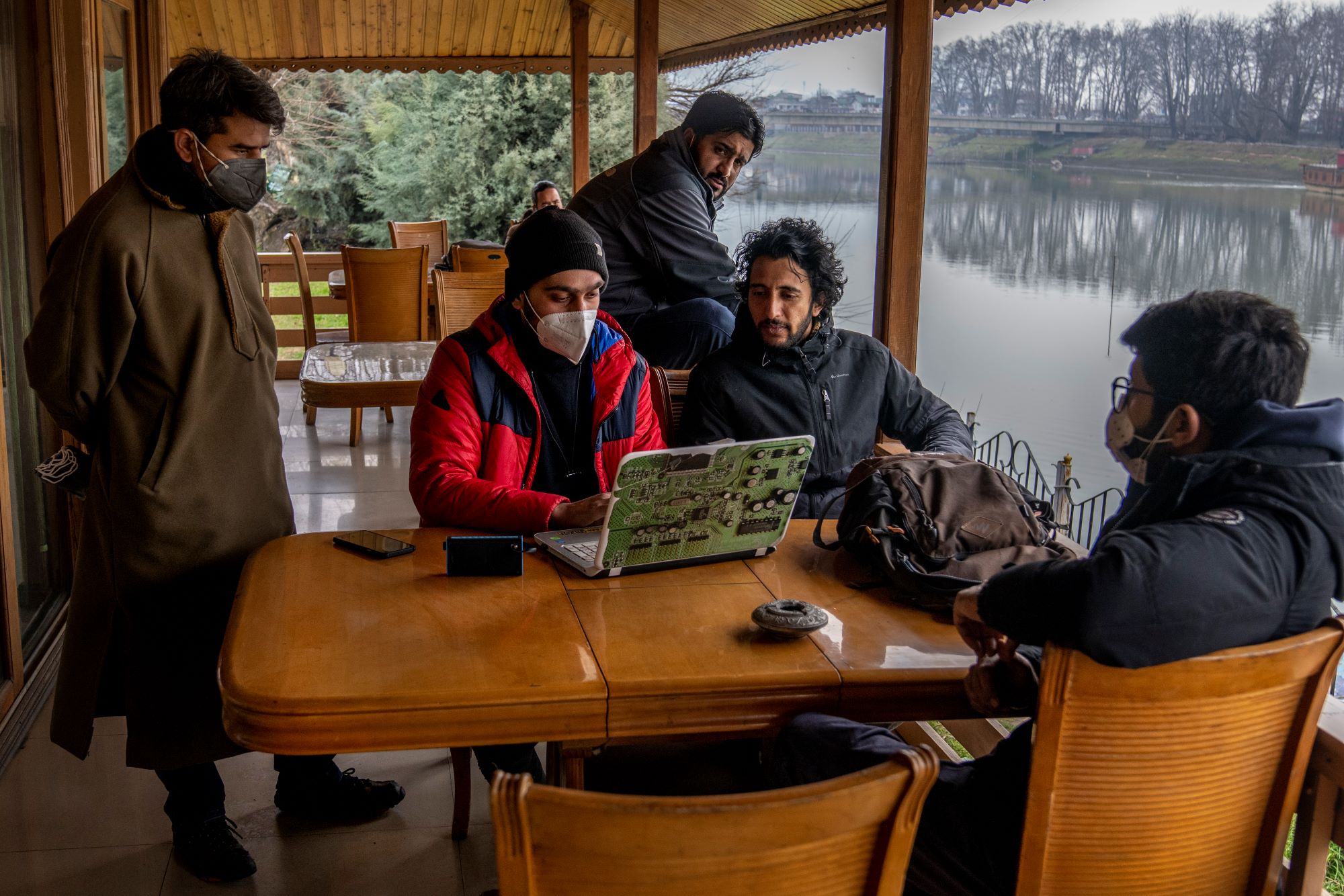
“This career comes with expected vulnerabilities and situations like these make it more difficult for us to work freely, which makes our families reassess our career choices. Hence the impression ‘this is not a safe field for a woman’,” says one woman journalist who is working from the home of a colleague when we speak to her. She did not not wish to be named for fear of reprisals.
‘We feel displaced’
Media has been tightly controlled in Kashmir, the only Muslim-majority region of India, for years.
Muhammad Raafi and Azaan Javaid, both in their mid-30s, have been working as journalists since 2012. “The strangulation of media in Kashmir is not new,” says Javaid.
Raafi has mostly covered Kashmir for various media, local, national and international; while Javaid - before moving to Kashmir in 2017 - reported from New Delhi, including for the Hindustan Times. On the closure of the Kashmir Press Club, both agree: "We feel displaced"
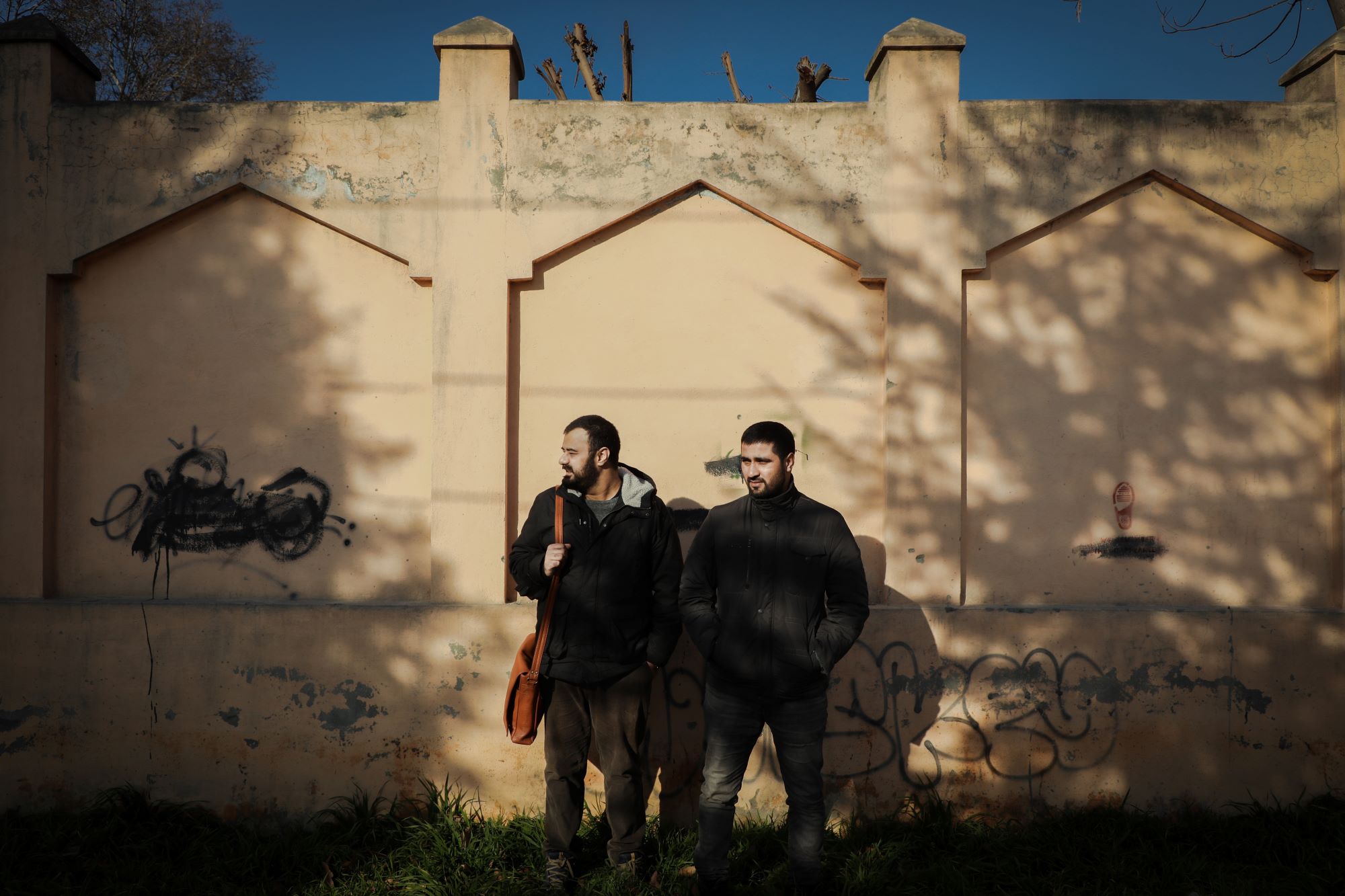
“There have been pressures on journalists from all warring sides since the beginning of armed rebellion in early 1990s. Raids, summoning, intimidation have always been there,” Raafi says.
But since August 5, 2019, when the Indian government annexed the disputed territory, they say, the situation of the media has worsened. It is as if the intention is to create an information black hole, a belief held by many media watchdogs since. “Our colleagues have been arrested and interrogated. Some have been booked under harsh anti-terror laws.”
Raafi and Javaid say that despite the pulls and pressures, many journalists are continuing to work and it was for these journalists that Kashmir Press Club existed.
“The shutting down of KPC is a means to silence them and also to end whatever solidarity existed between journalists who faced consequences for doing their work uprightly.”
